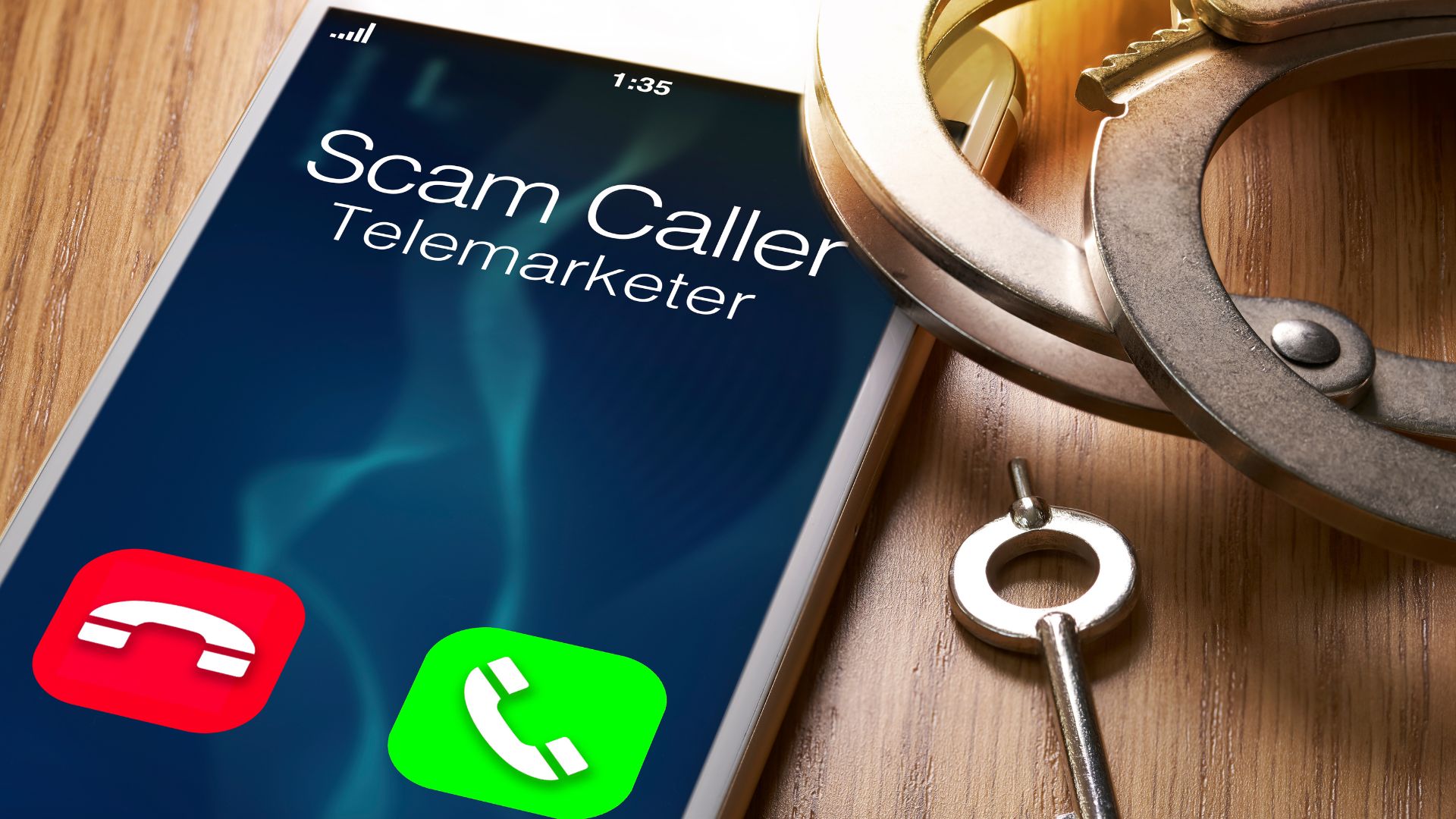If you have received a fraudulent phone call/email/communication and have not provided any personal information or lost any money, please contact the Canadian Anti-Fraud Centre at 1-888-495-8501 to file a report for statistical purposes.
Frauds and Scams
Fraud, identity crimes and cybercrime are rapidly impacting an increasing proportion of Canadians.
- Fraud speaks to criminal deception that is intended to result in financial or personal gain
- Identity crime involves the use of a person’s stolen details to commit crime
- Cybercrime is defined as any crime with a cyber element (internet, computer, smart phone...). It can include technology being the target of the crime (malware, hacking, denial of service...) or technology being used as a tool to commit crime (online fraud and scams, online illicit marketplaces, money laundering...)
While we encounter new fraud attempts all the time, they often are rooted in common scam models. The “Little Black Book of Scams,” published by the Competition Bureau of Canada, provides an overview of typical frauds or scams.
The Canadian Anti-fraud Centre also maintains information about recent scams and frauds, how to protect yourself, how to report fraud and what to do if you’re a victim.
Protect Yourself
If it seems too good to be true, it is.
For individuals and business, here are some tips to protect your information and finances:

- Don't be afraid to say no - watch out for urgent pleas that play on your emotions
- Do your research - always verify that the organization you're dealing with is legitimate before you take any other action
- Don't give out personal information
- Beware upfront fees
- Protect your computer
- Protect your online accounts
- Recognize spoofing
- Be careful who you share images with
For parents and youth looking for additional information about online safety, visit the Online Safety Toolkit that has been developed by the City of Lethbridge's Building Safer Communities Team.
Reporting Fraud
I think someone tried to scam me, but it didn't work. Do I need to report it to the police?
I'm a victim of fraud. What should I do?
If you're a victim of fraud and have provided personal information and/or lost money:
- Gather all information about the fraud, including documents, receipts, and/or copies of emails and/or text messages. See the Guide for Victims of Cryptocurrency Scams for a complete checklist.
- Place flags on all of your accounts.
- Change all of your passwords.
- Report the fraud to both credit bureaus (Equifax and TransUnion).
- Report the incident to the Lethbridge Police Service at 403-328-4444. You will get a file number for future reference. If you find suspicious activity on your credit report, ensure that you update your file with the police.
- Report the incident to the Canadian Anti-Fraud Centre toll free at 1-888-495-8501 or through the Fraud Reporting System.
- Depending on the type of fraud, or how it occurred, you'll also want to report to other organizations like your bank or credit card company.
How do I protect myself from future fraud?
Scammers often target victims of fraud a second or third time with the promise of recovering money. Always do your due diligence and never send recovery money.
Share any updates with the Canadian Anti-Fraud Centre, your financial institutions, and police.
Tell family, friends, neighbours and co-workers about your experience. You may prevent someone else from becoming a victim.
Request a Presentation
The Lethbridge Police Service's Economic Crimes Unit offers presentations about frauds, scams and how to protect yourself to interested business and groups. Ideally, presentations are booked for Thursdays at 1:30 p.m.
Please note that the requester needs to arrange for the presentation location and be able to provide a projector, screen and microphone (if the room warrants).
Fill out the form to begin the booking process.
Frauds and Scams in the News
Contact
Lethbridge Police Service
135 1 Avenue South
Lethbridge, Alberta T1J 0A1
Non-Emergency Phone: 403-328-4444
General Inquiries Phone: 403-327-2210
Email: General Inquiries
(Not monitored 24/7. Call 403-328-4444 to report a crime or suspicious activity.)
Hours for public access:
Monday to Friday - 7:30 am to 4:00 pm
Closed weekends and statutory holidays





